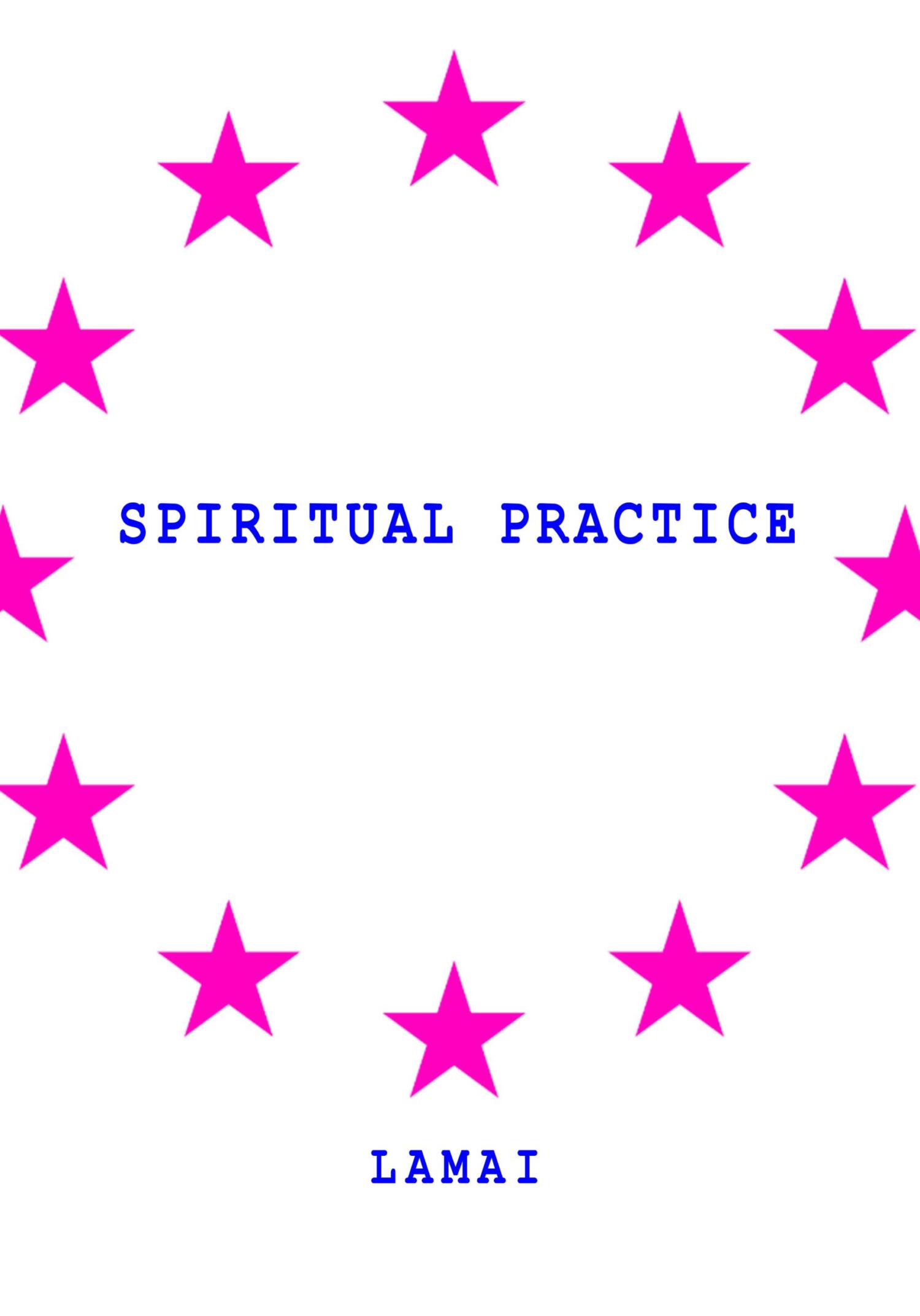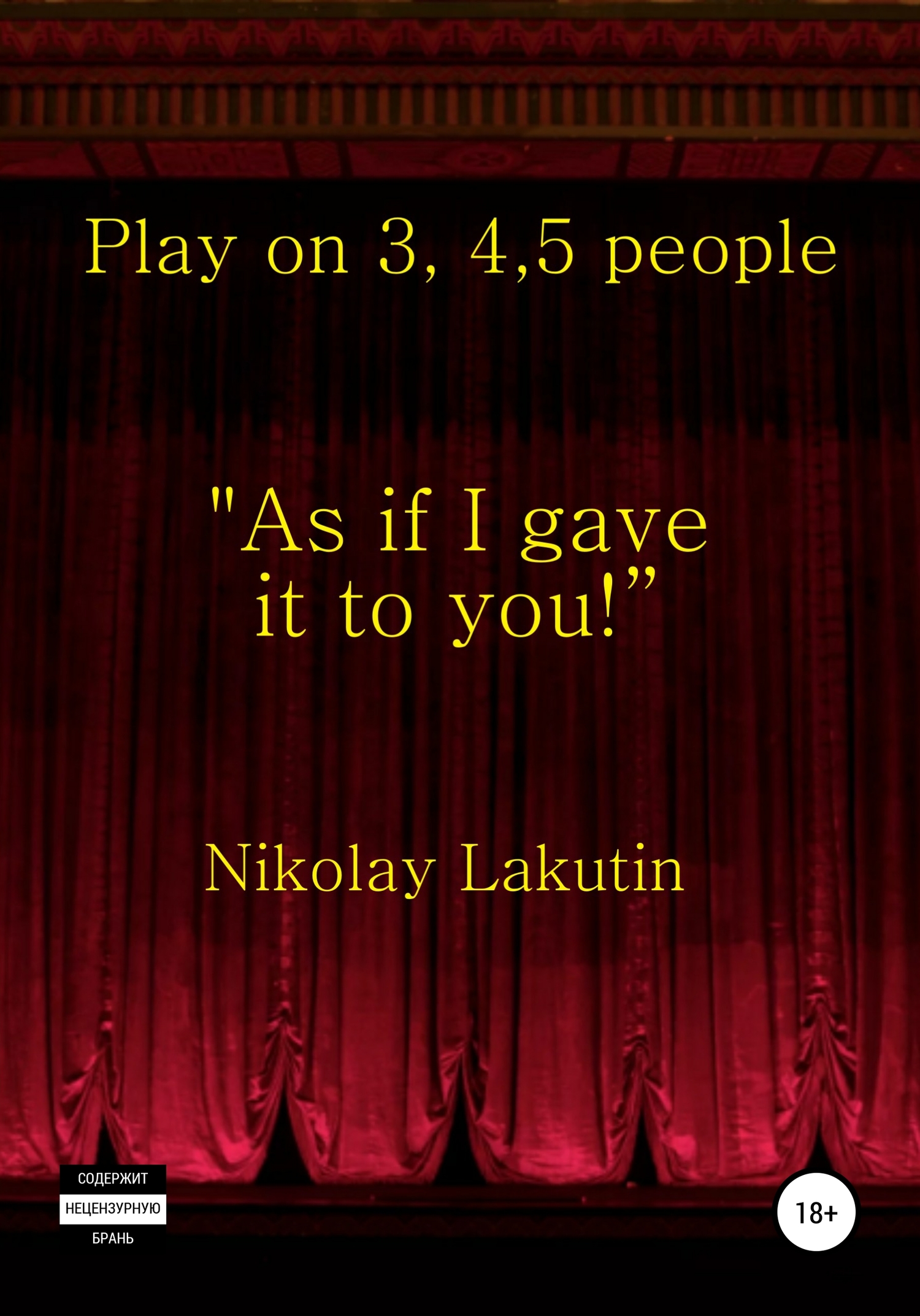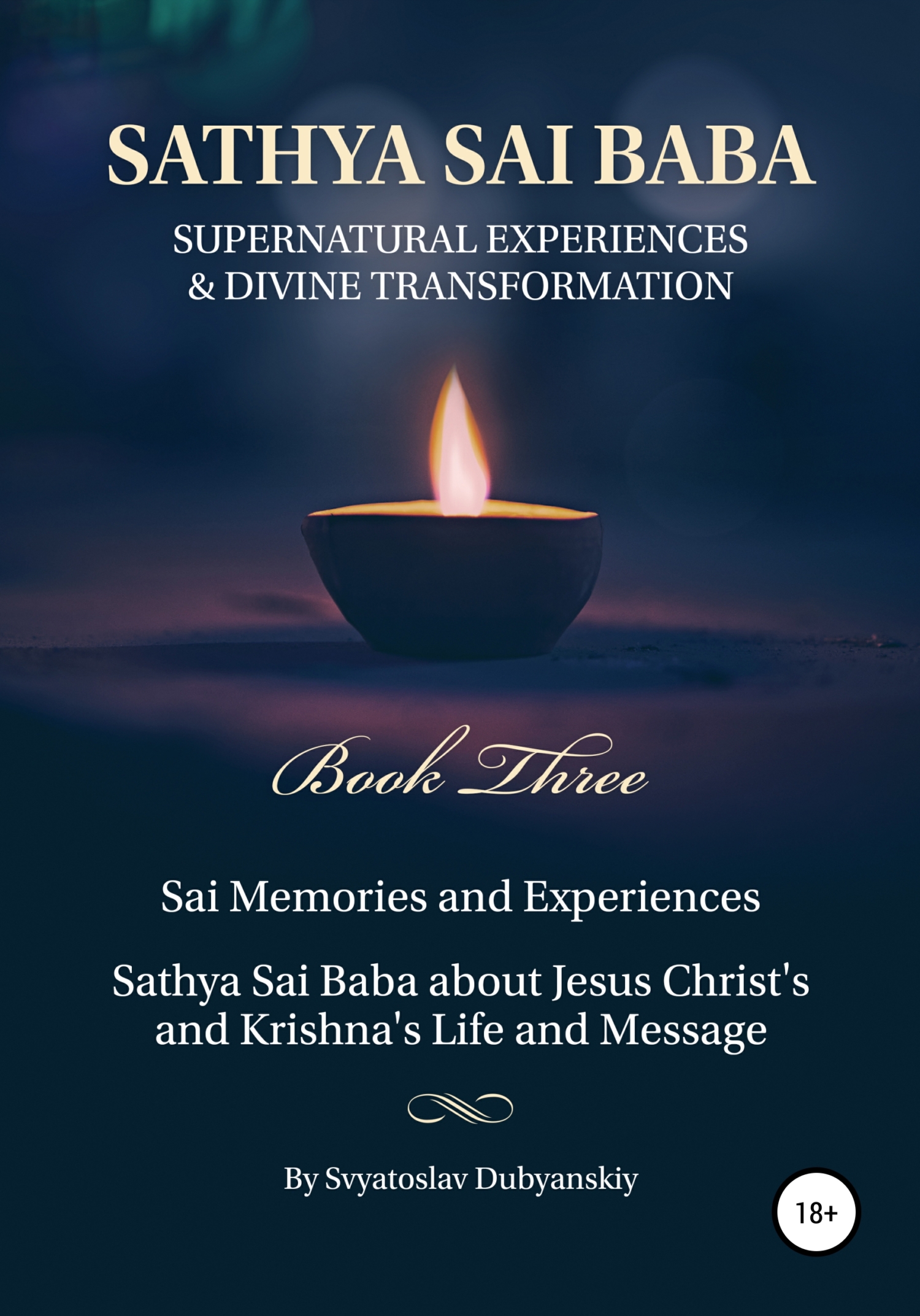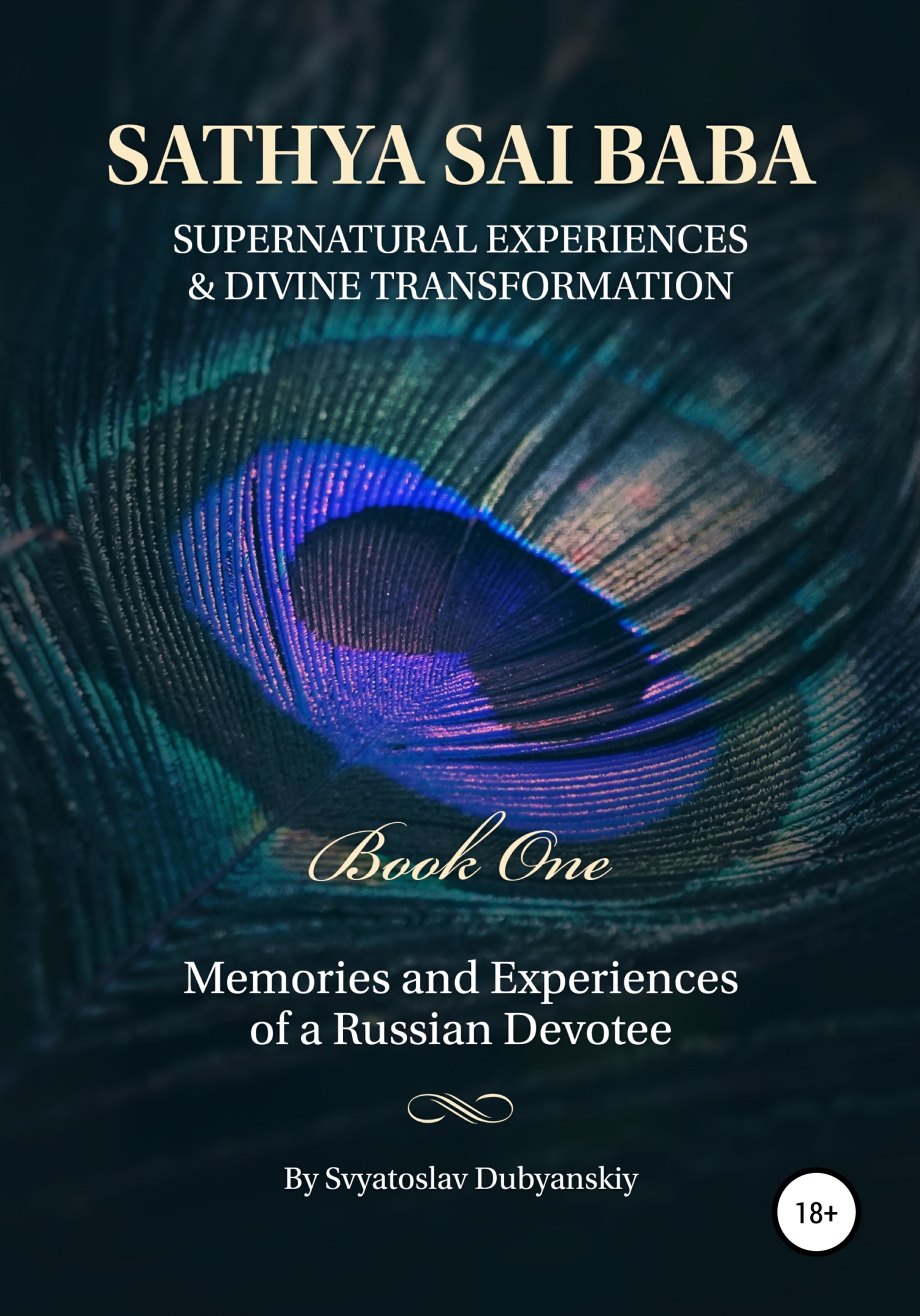(truth as opposed to lies). The concept of truth is also still used in logic, when one or another logical statement has no contradictions.
The concept of absolute truth (with a small letter) is used in philosophy. In philosophy, absolute truth is a true statement, which acts as the original scientific knowledge, the content of which does not imply problematization, correction. In other words, if a statement can be problematized with further correction according to the criterion of completeness, or according to the criterion of relativity, or according to the criterion of situationality (and also, in some philosophical schools, according to the criterion of chance, concreteness), then this truth is not absolute.
The essence of philosophical absolute truth lies in its absence.
Truth with a capital letter is usually understood as spiritual absolute Truth.
The essence of the spiritual absolute Truth lies not in the existence of the One God and not in the structure (universal interconnectedness, structure) of the universe, and not in the existence of the other world, but in the eradication of worldly desires.
The eradication of worldly desires means the same as liberation from addictions, from samsara, from the fetters of samsara, from suffering, from illusions, from bonds, from karma and from other such things; means the same as the achievement of nirvana, the absence of excitement, the state of the Absolute, the state of absolute peace.
In essence, there is no difference between "spiritual absolute Truth" and "The Truth to which a Buddha awakens". This is the same. However, it is very important to understand the difference between the two related things that are being discussed here. “The truth to which a buddha awakens” is the state of mahanirvana, the experience of this state, and what remains of the buddha as a result of this experience. All this material cannot be conveyed in a verbal-logical form. However, on the third hand, all this material can be conveyed to some extent in a verbal-logical form. So, it is precisely the part that can be conveyed in a verbal-logical form and is transmitted by the concept of “spiritual absolute Truth”. The experience of a Buddha is reflected by this concept, but it is not reduced to it in sufficient completeness.
Experience cannot be expressed in words. Words can only convey knowledge. Knowledge and experience are two different things. When a teacher in a school tells something to the students, he transfers knowledge to the students. When the teacher gives the students a problem, and the students solve this problem, then the students gain experience, the experience of solving this problem. No other way to experience not passed. Experience is a thousand times more informative than knowledge. It is for this reason that it is impossible to convey the knowledge of nirvana or the experience of awakening in words, like ordinary knowledge. The only things that can be conveyed in words are instructions, instructions on the methods by which adepts can enter the correct meditative state themselves and experience nirvana, liberation, awakening, or any other required experience. That is why “spiritual absolute Truth” is understood only as knowledge of the result of spiritual practice, but not the result itself. Since the very result of spiritual practice can be presented only in the form of personal experience and nothing else.
That is why the preservation of authentic Buddhist sutras does not make any sense if there is no system of genuine spiritual practice behind these sutras. This also applies to the Pali Canon and any other writings. That is why only those sutras, behind which there is a system of spiritual practice, can be called genuine Dharma (lit. Law). "Purify the eye of Dharma through the ten good deeds and the three kinds of right actions." And that is why Gautama said, and his words are true to this day, that the true Dharma after his departure will last only five hundred years.
Practice, practice, practice. Do spiritual practice. Without real spiritual practice that accompanies the Law, this Law ceases to be the Law. Without real practice, the Law (Dharma) becomes just useless waste paper, a museum piece.
I know your works – after these words there is a listing of the merits of this level: the main qualities that allow the angel to reach and maintain this level, the level of this particular chakra.
And have not grown weary – not very tense.
You can't tolerate evil men – muladhara is associated with hatred.
That you hate the works – muladhara is associated with hatred.
From where you have fallen – an indication of the process of the emergence of the soul, – the process of the fall of souls from the absolute state, the state of nirvana. “They, other souls, are just like you".
Do the first works – the practice of tantra-vajrayana. The practice of Tantra-Vajrayana is included as an integral part of the Mahayana and is its highest system. Since holy love (maitri) is one of the four practices of the Buddhist Karuna (maitri, karuna, prashansa, and shanti), and since Karuna is a key Mahayana practice, it can be argued that only Hinayana practitioners have a chance to achieve this first level (kundalini awakening) (the simplest system in Mahayana practice) is zero. But the practice of tantra-vajrayana – no. The conqueror of Truth, Gautama, was a Hinayana Buddha. The Coming Conqueror of Maitreya Truth will be a Tantra Vajrayana Buddha.
I will move your lampstand out of its place – when the lamp is moved, everything usually remains in place, except for the lighting. If everything is in order, then the lamp usually stays in its place, in this particular place, usually, where it illuminates everything optimally. If you are felonious, do not keep the Absolute in mind, do not practice pratyahara, do not meditate fidelity to the Almighty, do not repeat the mantra (prayer) of fidelity, do not follow the will of the Almighty, do not work on the acquisition of holy love, do





